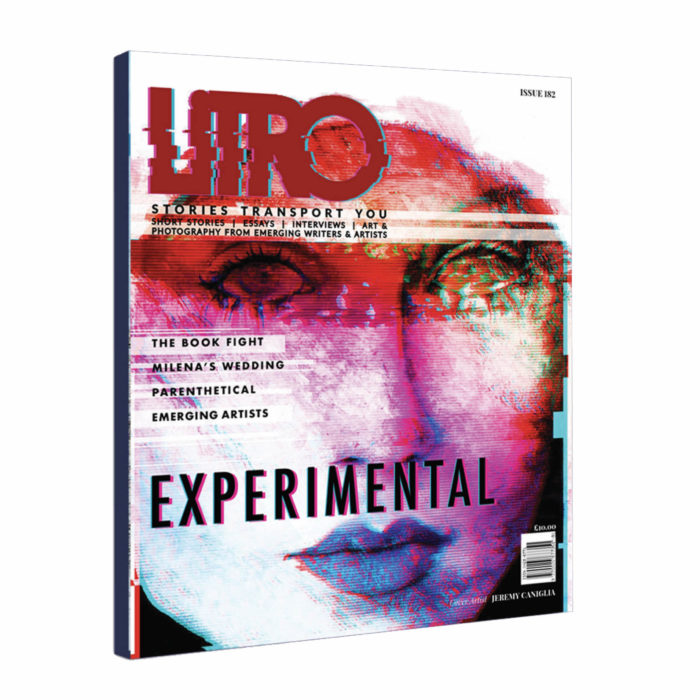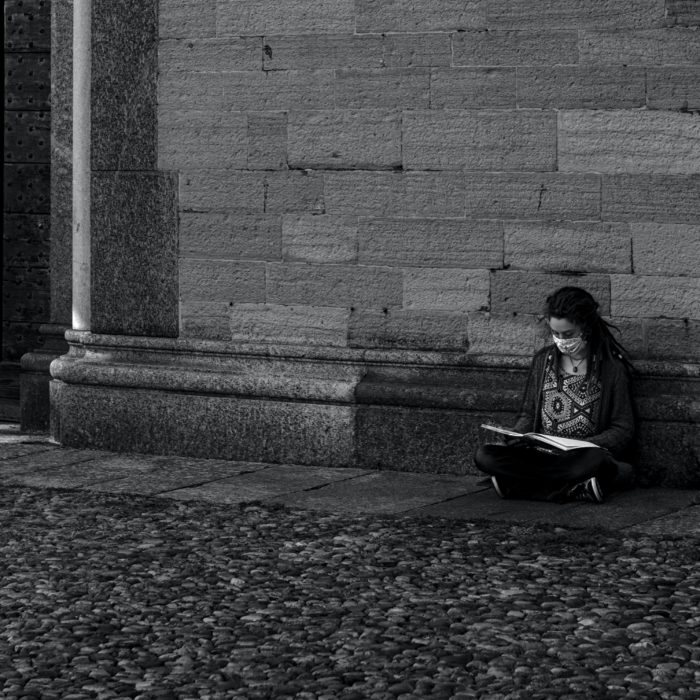You have no items in your cart. Want to get some nice things?
Go shoppingWhy should Litro present a few poems that you have already seen and absorbed during your odysseys around the Tube system? Well, we wanted to express our sympathy with Poems on the Underground. Just as Litro exists to decorate and add texture and depth to your day, so do the poems that appear between ads lining the Tube carriages. Equally free, equally public-spirited, and occasionally equally odd, the short fictions purveyed by Litro are close cousins to these poems floating above your head. They, too, share a deep feeling for London with a sense of the space of the world stretching out endlessly across the city.
Here are some words by the three people who, more than twenty years ago, dreamed up Poems on the Underground:
London’s Poems on the Underground started life as a light-hearted idea shared among three friends, lovers of poetry and lifelong users and advocates of public transport. How pleasant it would be, we thought, if poems could be scattered among the adverts in Underground carriages. Encouraged by far-sighted Tube managers, we put together our first selection of poems, and the project was launched at Aldwych station in January 1986.
The travelling public quickly took the project to heart. Within a short time poems had sprung up on Dublin’s coastal railway, the Paris Metro, New York’s vast network of subways and buses, and cities across Europe and beyond, from Moscow to Shanghai, Sydney to São Paolo. Over the past twenty years in Britain, indeed worldwide, there has been a vibrant revival in the art of poetry. We hope that our programme has played its part in this flourishing scene.
The lyric is surely one of the most perfect forms of poetry. By great good fortune, it is also ideal for display in Underground carriages, clear enough to be read easily by the traveller, brief enough, often, to commit to memory during an average Tube journey, and memorable enough to stay in the mind long after the journey is done.
It is strange to think that a project that began so casually is now part of urban history, the subject of academic theses and government surveys of ‘Great Art for Everyone’. We have tried to reach out to a mass public, but we’ve also offered poems which reflect their times and comment on them, not always in a way comfortable for officialdom. The theme of exile is recurrent, as are responses to war and peace, love and death, the nature and function of poetry. … London plays a central role, as home to Donne, Milton, Blake and Keats as well as émigrés and exiles. For London is the most international of cities, especially since the upheavals of the past fifty years, but also in its early days, when the Scottish poet William Dunbar praised London as ‘flower of cities all’.
Gerard Benson, Judith Chernaik, Cicely Herbert





